Emma Feenstra and Angelica Senders from Fair & Sustainable Consulting, in collaboration with Valentina Franchi and Clara Mi Young Park from FAO, and Mieke Vanderschaeghe, and Janna Visser, developed a framework and a tool for development practitioners and agri-service providers, to analyse the delivery of agri-support services from a gender perspective.
The gender-responsive Business Model Canvas is a practical tool for practitioners in value chain and market systems development to assess agricultural service provision from a gender perspective. The brochure on the model can be found here.
Service provision in many agricultural value chains in Sub-Saharan Africa and Northern Africa is gender blind. As a result, many women farmers and women entrepreneurs who run businesses in agriculture have inadequate access to crucial support services that could increase their yields, revenues, and profits. Not only does this leave women-owned businesses at a disadvantage, but it also reduces the performance and sustainability of agrifood value chains.
The “Gender-Responsive Business Model Canvas” uses the original management tool of Alexander Osterwalder but includes an alternative set of questions that helps a business to inspect its business model through a gender lens. This way, a company is able to estimate whether its services are relevant, accessible, available, and affordable for its female clientele, and understand where the gaps are.
The tool, including a few interesting examples, is available here.
